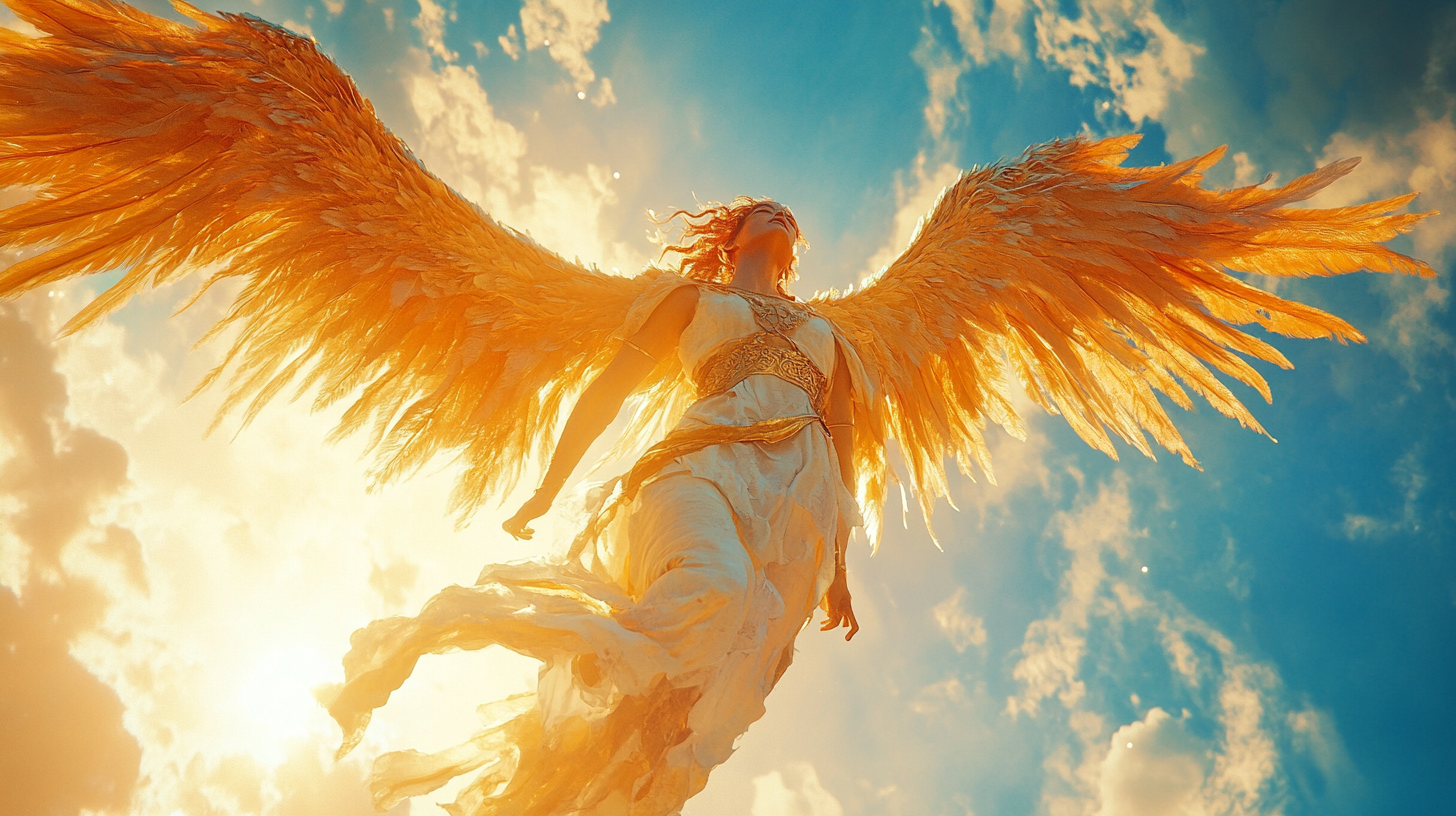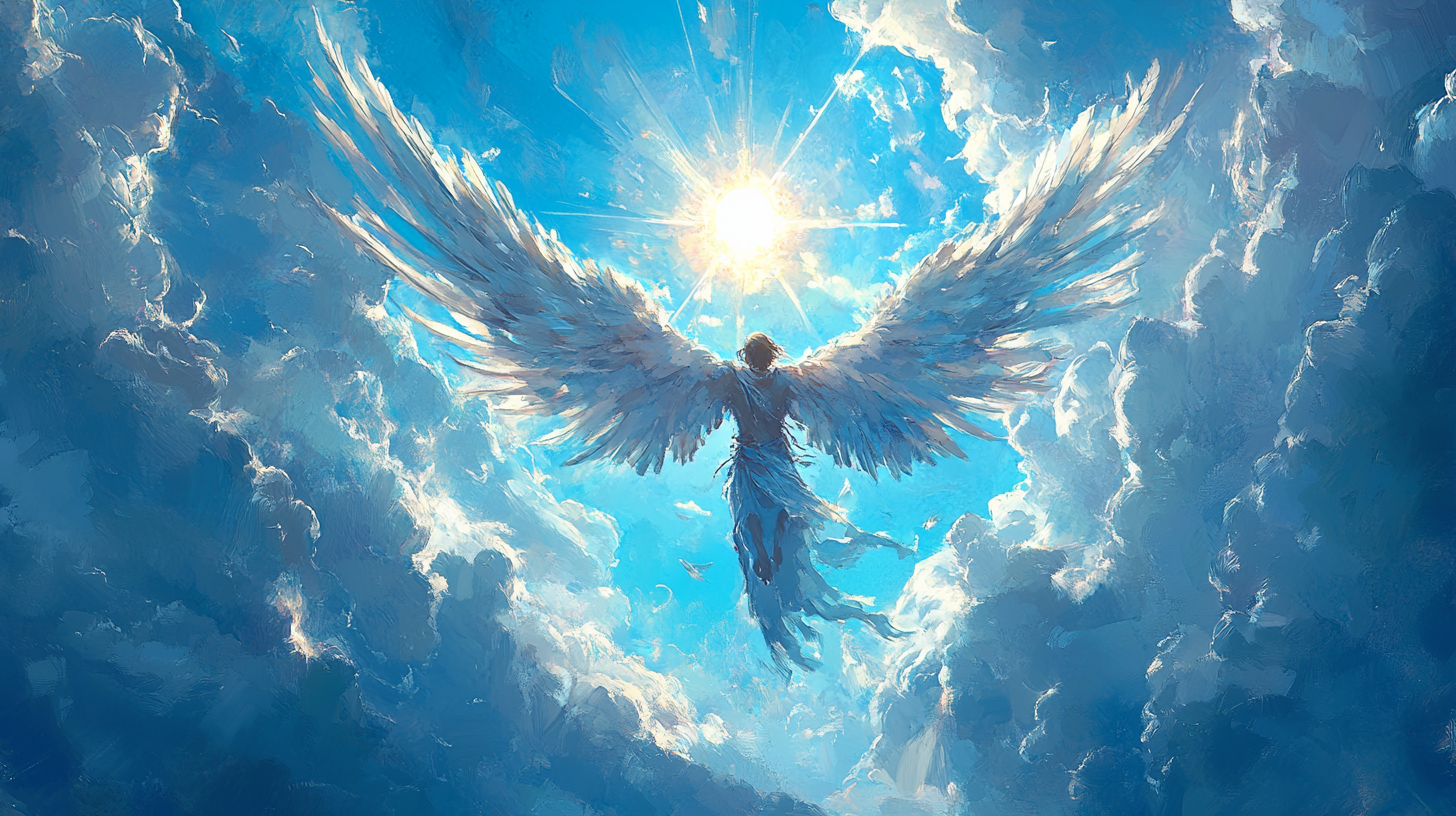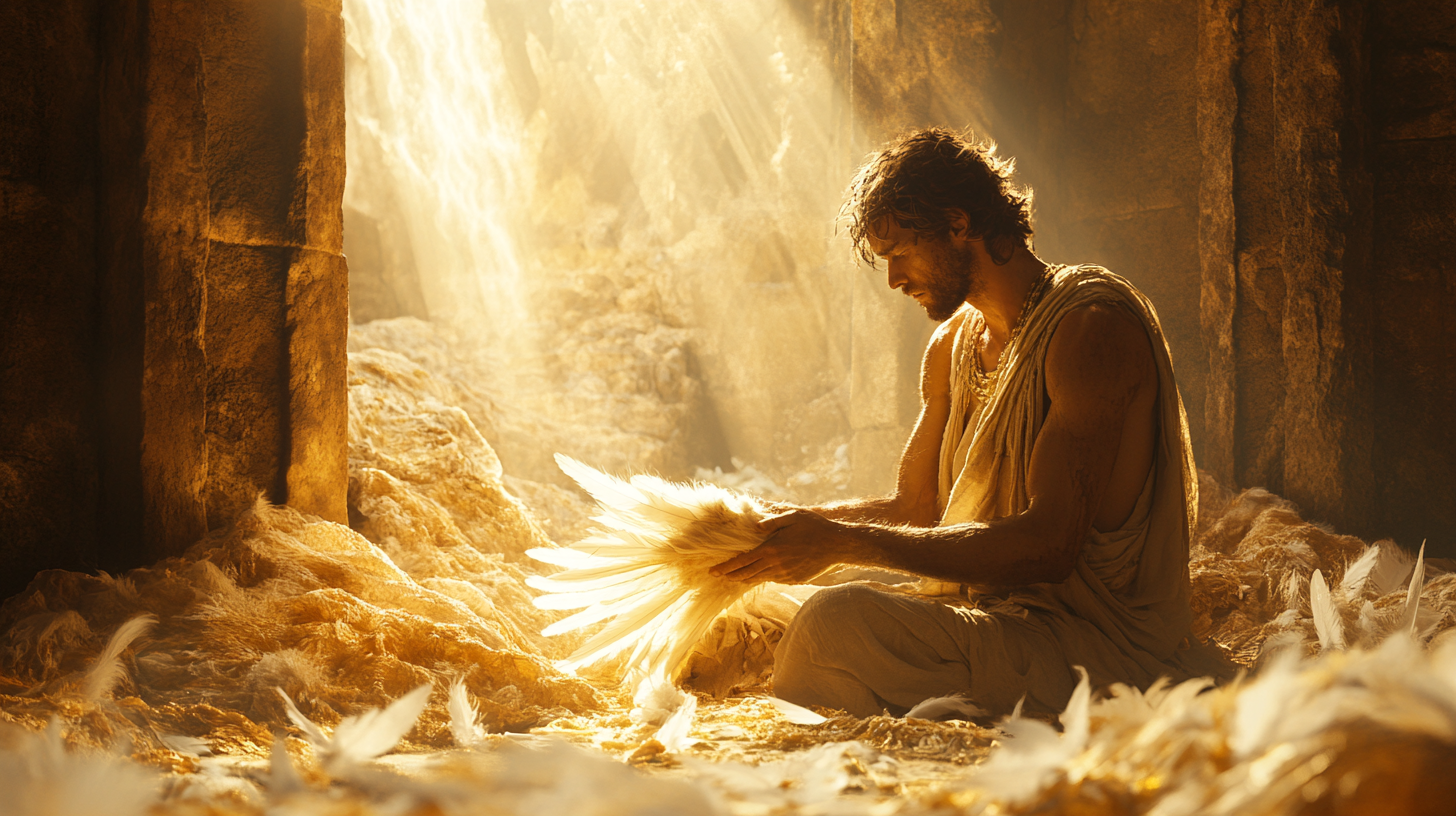Now Reading: The Rise and Tragedy of Icarus: A Tale of Ambition and Hubris in Greek Mythology
-
01
The Rise and Tragedy of Icarus: A Tale of Ambition and Hubris in Greek Mythology
The Rise and Tragedy of Icarus: A Tale of Ambition and Hubris in Greek Mythology

Greek mythology is filled with tales of gods, heroes, and mortals whose fates intertwine in powerful lessons about humanity. Among them, the story of Icarus and Daedalus stands out—not just for its emotional resonance, but for the timeless warning it offers about pride, ambition, and disobedience. In this article, we’ll explore the origins of this myth, its symbolic meaning, and its lasting influence on modern culture.

1. Who Were Daedalus and Icarus?
Daedalus, a brilliant inventor and craftsman, was known throughout ancient Greece for his genius. He served under King Minos of Crete and was responsible for constructing the legendary Labyrinth—a maze so complex that it could contain the monstrous Minotaur. But Daedalus eventually fell out of favor with the king and was imprisoned along with his son, Icarus, in a high tower on the island.
To escape, Daedalus used wax and feathers to create two pairs of wings. He instructed Icarus to follow a strict path: fly neither too high, lest the sun melt the wax, nor too low, lest the sea’s moisture weigh down the feathers. It was a delicate balance between freedom and restraint—a lesson in moderation.
2. The Fall of Icarus
Ignited by the thrill of flight, Icarus ignored his father’s warnings. He soared upward, intoxicated by the freedom and the beauty of the sky. But as he ascended higher, the sun’s heat melted the wax binding his wings. One by one, the feathers loosened, and Icarus plummeted into the Aegean Sea—where he drowned.
This dramatic fall has become a metaphor for overreaching ambition and the dangers of ignoring wise counsel. The myth’s emotional weight lies not just in Icarus’s death, but in Daedalus’s helpless grief—watching his only son perish due to a moment of reckless pride.
3. Symbolism and Deeper Meaning
The myth of Icarus is more than a tragic story—it is a rich allegory about human limitations. Here are several key symbolic interpretations:
-
Hubris and Overambition: Icarus represents the archetype of the dreamer who flies too close to the sun—ambitious, daring, but tragically flawed.
-
Parental Wisdom: Daedalus symbolizes experience and caution. His instructions are not arbitrary but stem from knowledge and love.
-
Balance and Moderation: The message isn’t “don’t fly,” but “fly wisely.” It warns us not to let excitement or ego override good judgment.
In modern psychological terms, Icarus can be viewed as a representation of youthful impulsiveness, while Daedalus embodies the mature voice of reason. Their dynamic reflects the eternal tension between freedom and responsibility.
4. The Legacy of Icarus in Art and Literature
Artists across centuries have been captivated by the fall of Icarus. Perhaps the most famous representation is “Landscape with the Fall of Icarus” by Pieter Bruegel the Elder. In it, Icarus’s legs disappear into the sea, almost unnoticed—while life around him carries on. This indifference to tragedy offers a poignant commentary on how the world often ignores personal loss.
In literature, poets like W. H. Auden and Anne Sexton have revisited the myth to explore themes of ambition, failure, and existential meaning. The story also finds echoes in modern characters—from tragic heroes in literature to figures in business and politics who rise fast and fall hard due to unchecked ambition.
5. Relevance in the Modern World
The Icarus myth is as relevant today as it was in ancient times. In a culture that often glorifies ambition and self-promotion, the tale reminds us of the consequences of overstepping boundaries. Whether in technology, finance, or fame, flying too high without regard to risk can lead to a swift downfall.
At the same time, the story encourages us not to be overly cautious. Daedalus did escape; he succeeded where Icarus failed. The wings still worked—they just needed to be used wisely. So perhaps the real lesson isn’t to avoid risk, but to embrace it with humility and awareness.
Conclusion
The tragedy of Icarus endures because it is deeply human. We are all Daedalus and Icarus at different times in our lives—navigating ambition, heeding (or ignoring) advice, and learning from our own rises and falls. In its mythic beauty and painful truth, the story invites us to reflect on how we chase our dreams and what it means to fall.
Whether seen as a cautionary tale or a poetic metaphor, the myth of Icarus continues to inspire and warn, across millennia. And that is the power of Greek mythology—to show us ourselves in the mirror of myth.















